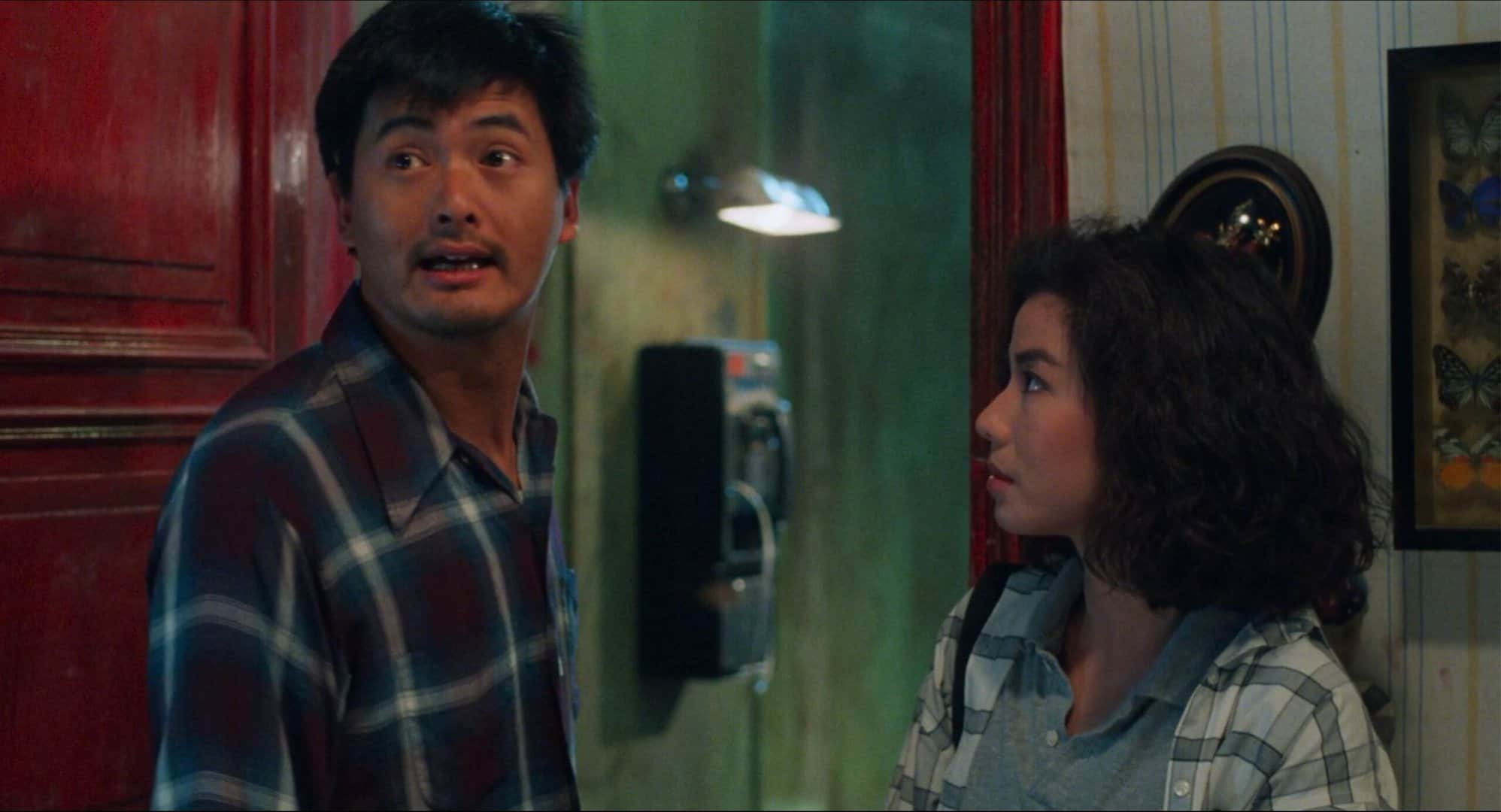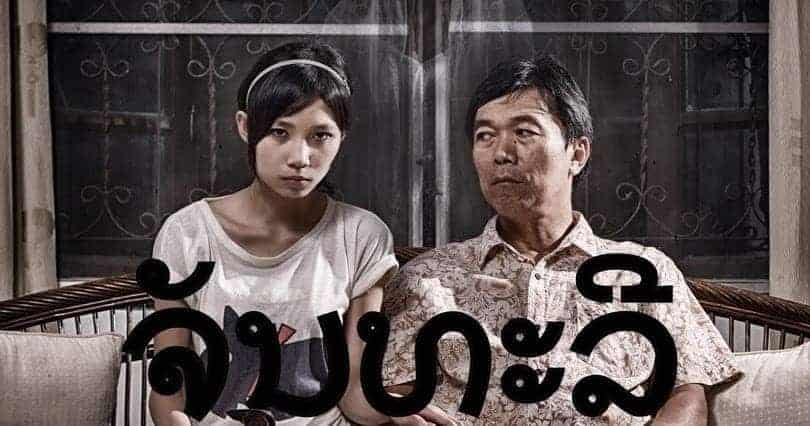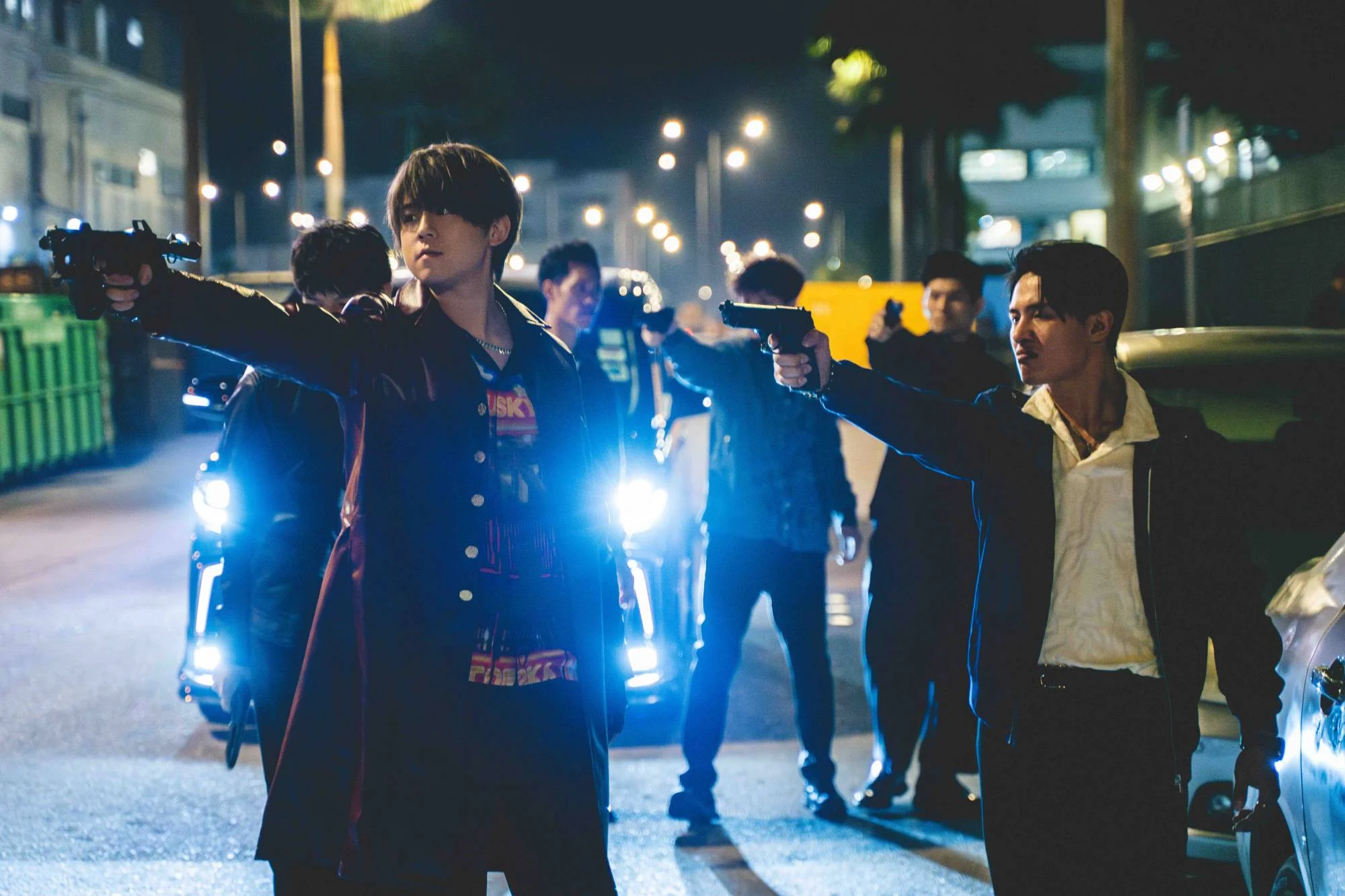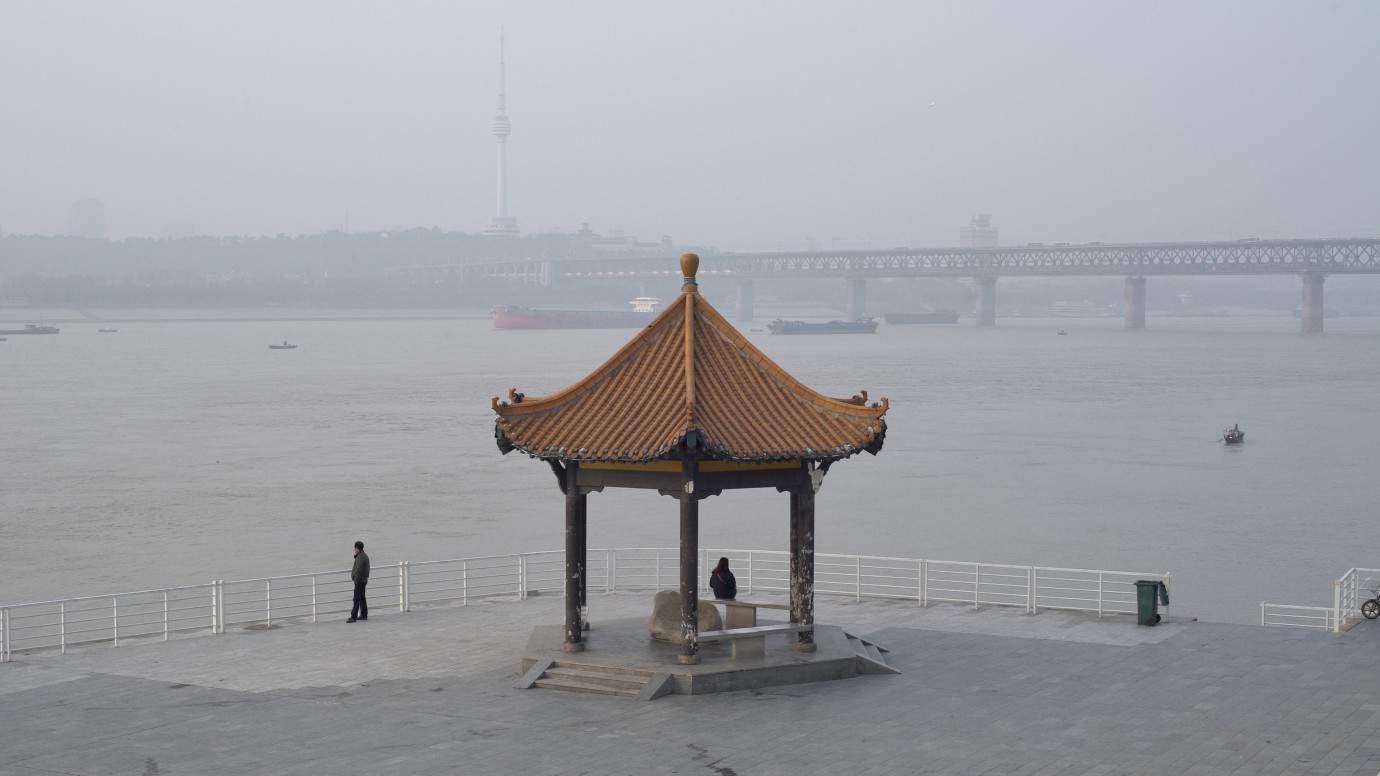While traveling around the world to present his previous film, “Off Frame”, an all-archival exhumation of Palestinian revolutionary cinema, Mohanad Yaqubi met someone who claimed to have a voluminous collection of pro-Palestinian work . . . in Japan. “R21” actually starts with the meeting of the two in Japan, and the subsequent transfer of the reels of the material, with the filmmaker then placing them in playback equipment, and creating a collage that actually starts with “highlights” of westerns (with Clint Eastwood for example), before moving to the main theme.
“R21 aka Restoring Solidarity” is screening at the Museum of the Moving Image, as part of the First Look 2023 program
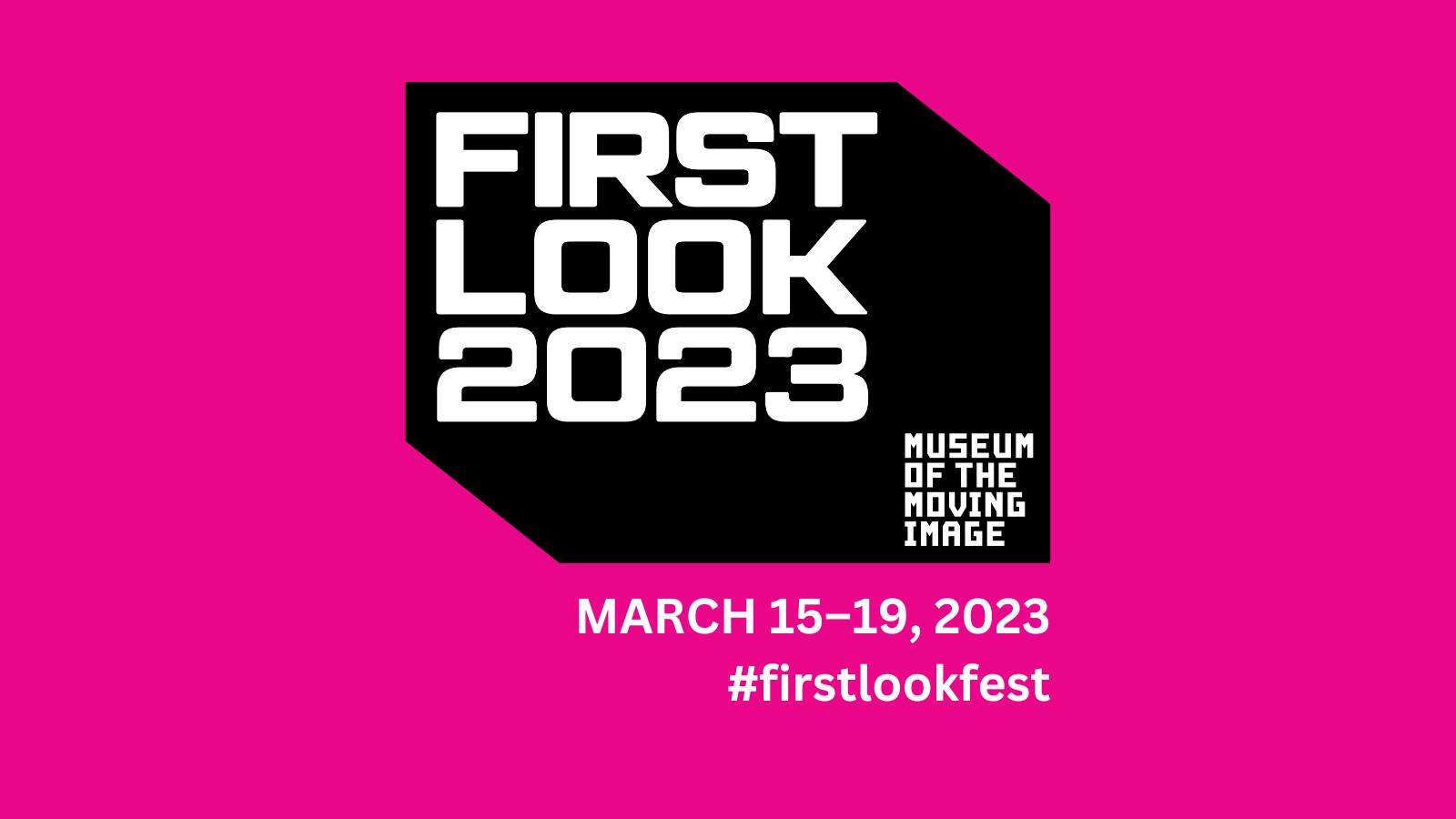
In that fashion, the first footage refers to the 1960 demonstrations in Japan after the signing of the treaty with the US, and soon connects with the struggle of the PLO for Palestinian rights between the 1960 and 1980. An interview with Yasser Arafat, who repeatedly mentions how close the plights of the two people are, and how these struggles should bring the two countries together, highlights the main concept here quite eloquently.
The style and format of the 16mm films that follow vary significantly, although the aforementioned main theme remains intact for the most part, and even extends to other countries like Lebanon. In that fashion, the documentary includes interviews with PLO leaders, reportage from the 1982 invasion of Israel to Lebanon, documentary footage from life in refugee camps, experimental films including one with kids carrying weapons, instructional films for tourism purposes and propaganda material. Furthermore, the material is imported, dubbed, subtitled, presented in the Japanese language or re-edited on occasion, in a rather impressively diverse collection here. Yaqubi retains the original material fully, including overdubbing for example, in an approach that gives his film a hypostasis that lingers between the experimental and the archival, with the combination actually ending up being rather artistic.
The resulting comments are also as varying as they are interesting. The way the world was shaped at the time, and the roots of a conflict that is still at large are highlighted thoroughly, but Yaqubi also highlights how the coverage of events has changed through the years, as much as the rhetoric of politicians. The concept of propaganda, which occasionally is quite evident in the films, adds another layer to the concept, while the reasons behind someone amassing all this material permeate the whole movie. Lastly, the way people from different countries can feel connected due to the oppression they feel, emerges as one of the most central comments, essentially even giving a reply to the aforementioned questions.
As such, “R21” emerges as a very interesting experimental film that has both artistic and archival value, with a phrase uttered during the movie, “Film was a powerful way to keep our memories alive” synopsizing it in the best fashion.




